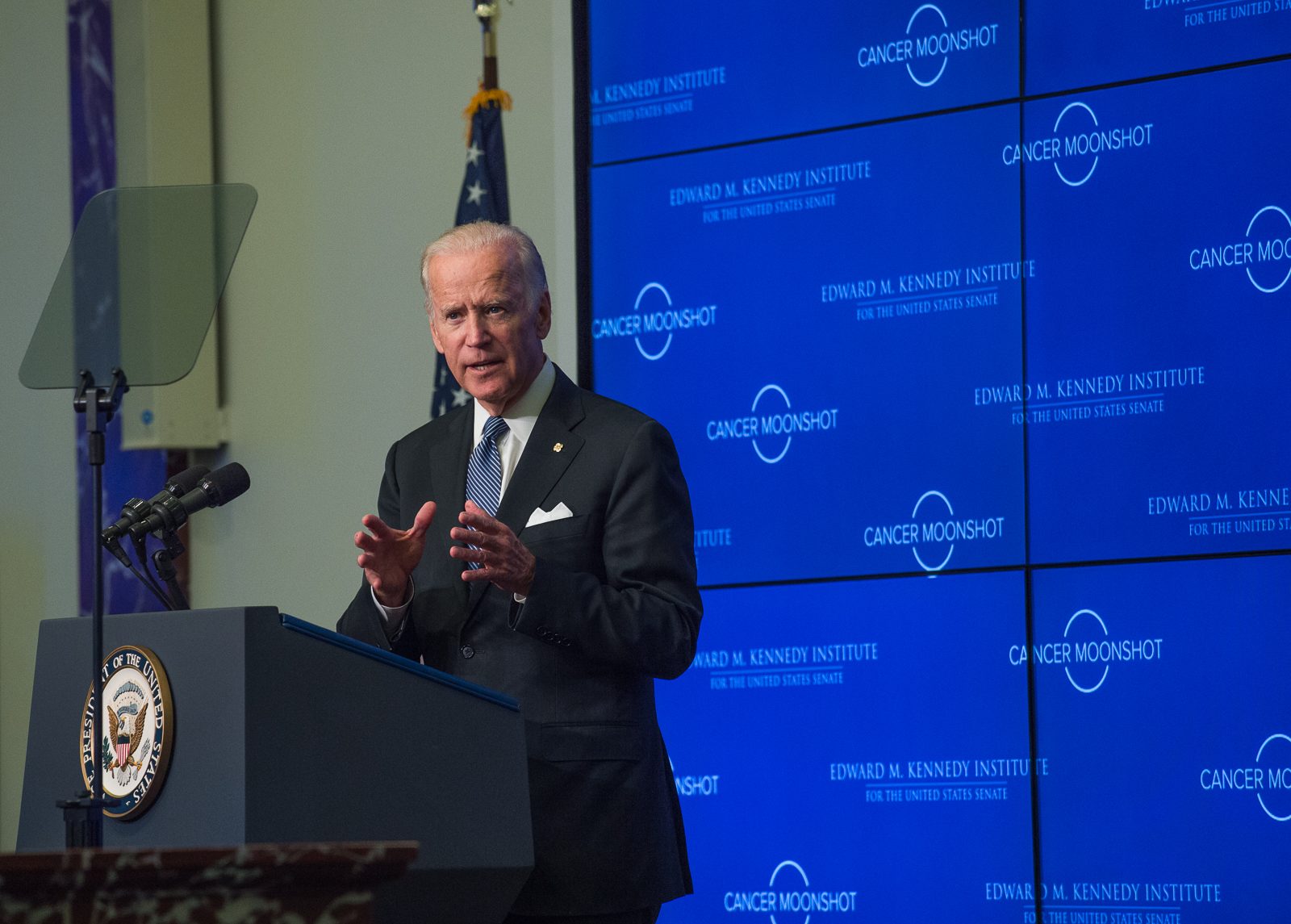U.S. Sen. Scott Brown was thrown in defense mode for much of his third debate between his opponent Democratic Senate candidate Elizabeth Warren Wednesday night, as Warren attacked Brown’s voting history on student loans and equal pay for equal work.
The two Senate candidates tussled over student loans, women’s rights and government spending in front of a crowd at Springfield’s Symphony Hall.
Warren said investing in programs such as Head Start is “our moral obligation” and “good economics.”
She then criticized Brown for voting to allow student rates to double twice in 2011.
In his rebuttal, Brown said he voted against the student rate plans because he did not want to see small businesses suffer as a result of a higher tax rate.
In the end, tweaking federal programs allowed student rates to stay the same without raising taxes, he said.
Cutting the budget was one of the few actions the two candidates agreed on, with Brown saying that the U.S. “can’t keep borrowing 42 cents for every dollar we spend.”
Warren said an independent group that evaluated both candidates’ tax plans found hers 67 percent more effective at cutting the deficit than Brown.
“If there is anybody who is listening to thinks my opponent is a tax-cutter, let me put a stop to that myth,” Brown said.
Several times during the debate, broadcast on New England Cable News, Brown said Warren and other Democrats wanted to take too much from taxpayers and small businesses, which are struggling to stay afloat.
“They’re like pigs in a trough up there,” he said. “They’ll just take and take and take and take.”
But Warren continued to tell voters she was there to fight for the middle class, calling it her life’s work.
After Brown again cited the National Federation of Independent Businesses study, which he has used in the last two debates, Warren fired back, saying that the organization “is a group that endorsed Sen. Brown and other Republicans and named Ted Kennedy as enemy number one.”
The debate is the first one in this race to address women’s rights, including equal pay for equal work and abortion rights.
Although Warren publicly called out Brown for voting against equal pay for equal work at the first debate at WBZ studios, on Wednesday the two debated the merits of the Paycheck Fairness Act.
Brown said the act had the right idea, but was the wrong bill at the time, and said he felt the Lilly Ledbetter Act was doing its job.
Warren disagreed, saying that women’s rights are not something that the nation should still be debating in 2012 and that Brown “has a lot of excuses for standing on the other side.”
“He’s had exactly one chance to vote for equal pay, and he voted no … Those are bad votes for women. The women of Massachusetts need a senator that they depend on not some of the time, but all of the time,” she said.
The debate, which tackled several new topics, came just a day after two new polls put the candidates neck-in-neck in the race.
A WBUR and MassINC poll released Tuesday put Brown ahead by three points, while a University of Massachusetts poll put Warren ahead by 2 points. Both candidates’ leads fall within the respective polls margins of error.
The final debate will occur on Oct. 30, just seven days before Massachusetts voters choose their next senator.



























































































































